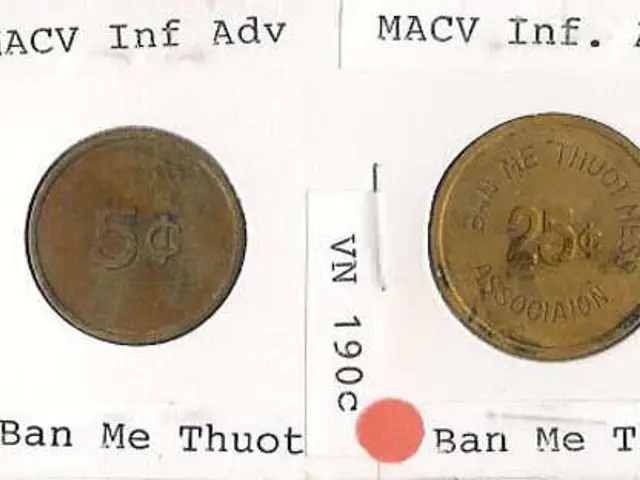Car costs persistently escalate, hitting record highs
Germany Sees Decrease in New Car Affordability: Economy and Electric Vehicle Transition Factors
The affordability of purchasing a new car in Germany has decreased significantly over the past five years, according to a joint study by Oliver Wyman and Jato Dynamics. The cost of a new vehicle has risen substantially, while income growth has fallen short of keeping pace.
From 2019 to 2024, average net income in Germany increased by approximately 24%, climbing from around 26,100 euros to almost 32,400 euros per year. However, the average price of a new car skyrocketed by around 40%, reaching almost 41,800 euros from roughly 30,200 euros. The result is a reduction in affordability, with the average person in Germany needed to spend 1.29 times their annual income to purchase a new car in 2024, as compared to 1.16 in 2019.
The transformation toward electric vehicles (EVs) and broader economic trends mainly account for this price rise. The shift toward EVs explains nearly half of the price increase for cars. Inflation and other economic factors also contribute to this uptick in price. The offer of affordable entry-level models is declining concurrently, forcing many consumers to resort to financing, leasing, or purchasing used cars. Consequently, the number of new car purchases in Germany dropped by 22% during this period.
While the price is crucial when buying a car, new electric vehicles (EVs) can prove more economical over their entire useful lifespan compared to traditional internal combustion engine (ICE) vehicles, according to research by the Fraunhofer Institute for Systems and Innovation Research (ISI). Mid-range EVs can already be more economical than ICE vehicles after three years of typical use and with their own charging capability due to cost savings from lower maintenance expenses and cheaper energy costs.
The challenging economic environment for the automotive industry, as indicated by the ifo Business Climate Index for the automotive sector, continues to place pressure on companies in the sector, despite some recovery experienced in 2022 following COVID-19 disruptions. Additionally, industry studies anticipate further declines in production or output measures in 2024, influencing market dynamics and vehicle prices. Inflation, which affects consumer purchasing power, has been moderating, although inflation in services and core inflation excluding energy and food have risen, which may indirectly contribute to costs for car ownership and purchase. The withdrawal of EV subsidies in a mature market like Germany has added to the challenges faced by consumers in the new car market.
Sources: ntv.de, raf/dpa
Key Terms: New cars, Leasing, Electric cars, Income, Consumer sentiment, Car purchase.
In light of the economic and electric vehicle transformation factors in Germany, it's crucial for both community and employment policies to address the decreased affordability of new cars. This could involve addressing industry financing trends, technology advancements, and promoting the availability of affordable electric vehicle models to meet consumer needs and prevent further declines in new car purchases.
The affordability issue might be mitigated by focusing on strategic solutions that consider the economic implications of the shift towards electric vehicles and their long-term cost-effectiveness. This could include measures to support businesses in the automotive sector and to promote education and awareness about the economic benefits of owning an electric vehicle compared to traditional internal combustion engine vehicles.







